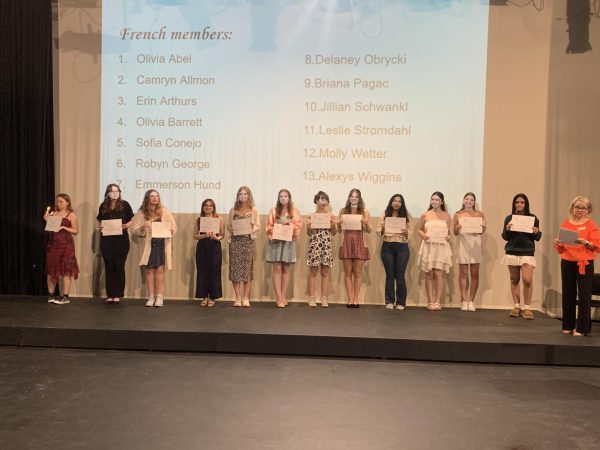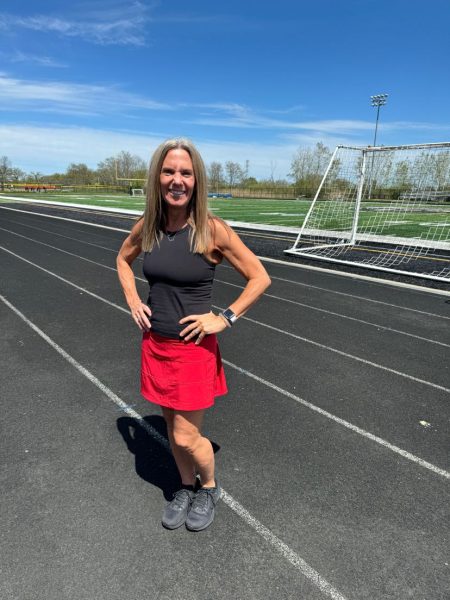Dangers of human trafficking affect community, nation
The National Human Trafficking Hotline is 1 (888)- 373-7888
There is a common misconception that human trafficking does not occur within the United States; however, Polaris, a non profit organization for awareness, recorded 37,400 cases in the U.S. from 2007 to 2017. Victims are often lured through lying, manipulation, and coercion. Victims range from children to adults, and from all races, sexualities, and genders.
“Trafficking is low risk and high profit. Victims get treated like objects. It deprecates the human soul, and it’s also illegal,” said city director of Refuge for Women in Chicago Karen Schultz.
Traffickers find motivation in money and disregard the health and safety of their victims.
“It’s an evil thing, but they don’t care. Their main priority is money, and they know how valuable their products can be,” said Grayslake police officer Mario Balarin.
Polaris defines human trafficking as, “the business of stealing freedom for profit. In some cases, traffickers trick, defraud or physically force victims into providing commercial sex. In others, victims are lied to, assaulted, threatened or manipulated into working under inhumane, illegal or otherwise unacceptable conditions. It is a multi-billion dollar criminal industry that denies freedom to 24.9 million people around the world.” They also add that, ”Human trafficking is the use of force, fraud or coercion to get another person to provide labor or commercial sex. Worldwide, experts believe there are more situations of labor trafficking than of sex trafficking. However, there is much wider awareness of sex trafficking in the United States than of labor trafficking.”
Sex trafficking is common throughout Chicagoland, and throughout the world. Polaris records that an estimated 4.8 million people are trapped in forced sexual exploitation around the world. Polaris also records that, “the three most common forms of sex trafficking reported to the hotline involved pimp-controlled prostitution, commercial-front brothels, and escort services. Labor trafficking was most frequently reported in domestic work, restaurants, peddling rings, and sales crews.” Schultz also believes that other factors in the U.S. may contribute to the lead in sex trafficking.
“The U.S. produces 89 percent of the world’s pornography business. Trafficked women and children are more at risk for violence due to the normalization of sexual acts in pornography,” Schultz said.
Balarin observes how staying aware of surroundings assures safety. He believes that being aware can lower the risk of being threatened.
“Be sure to never be alone in a place that you are unfamiliar with; make sure you always have a ride. It’s also important that you’re with people you trust,” Balarin said.
The human trafficking organization also advises for a safety plan that includes keeping “all important documents and identification in your possession at all times, keep important numbers on your person at all times, including the number of someone you feel safe contacting if you are in trouble.”
There are numerous resources that will help victims recover from trafficking. Refuge for Women in Chicago reaches out to victims and guide them toward recovery.
“We have a 9-12 month program that is trauma informed. It involves everything from education and job training and to therapy. It’s a holistic program that aids victims,” Schultz said.
The United States has a national sex trafficking hotline that’s open 24 hours a day, seven days a week, and can help in over 200 languages. There is also a SMS that is 233733 and text “HELP” or “INFO”. They encourage anyone to call if they suspect or know anyone in a trafficking situation.




